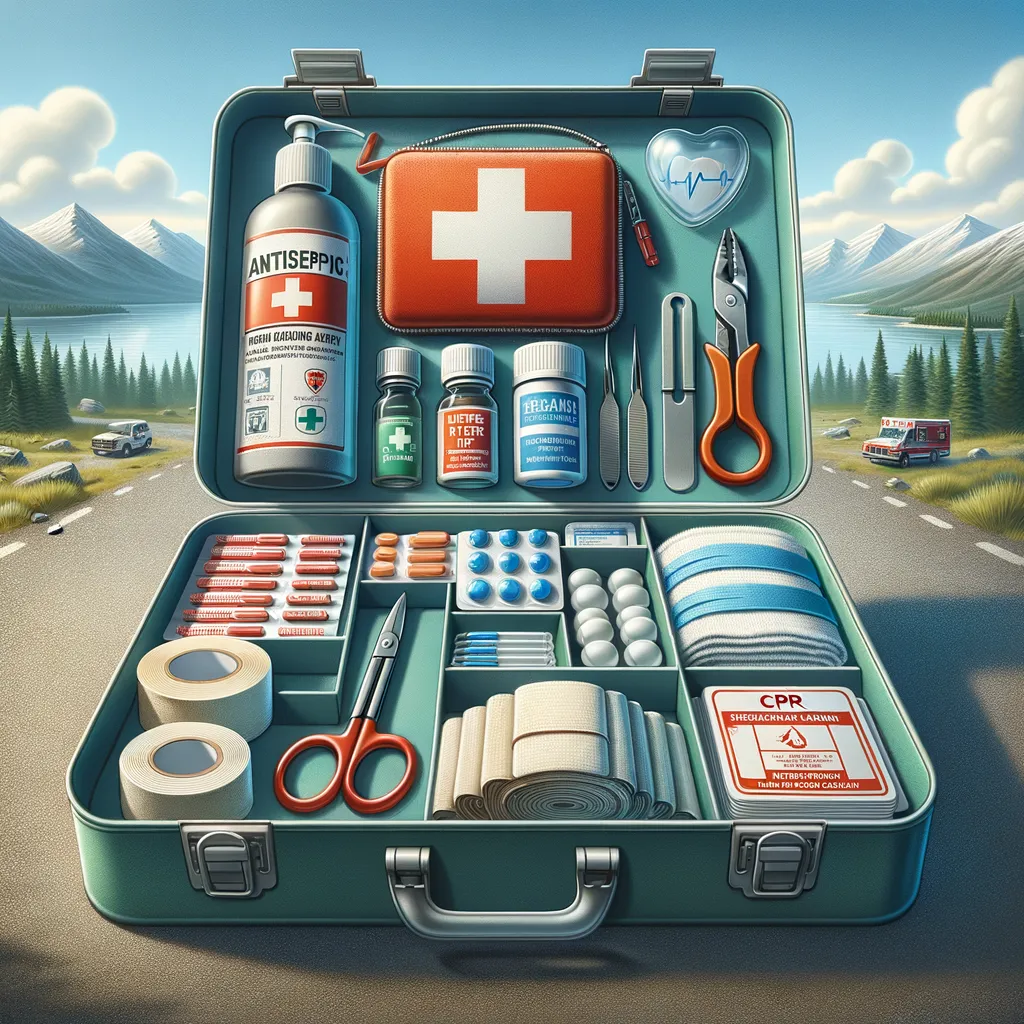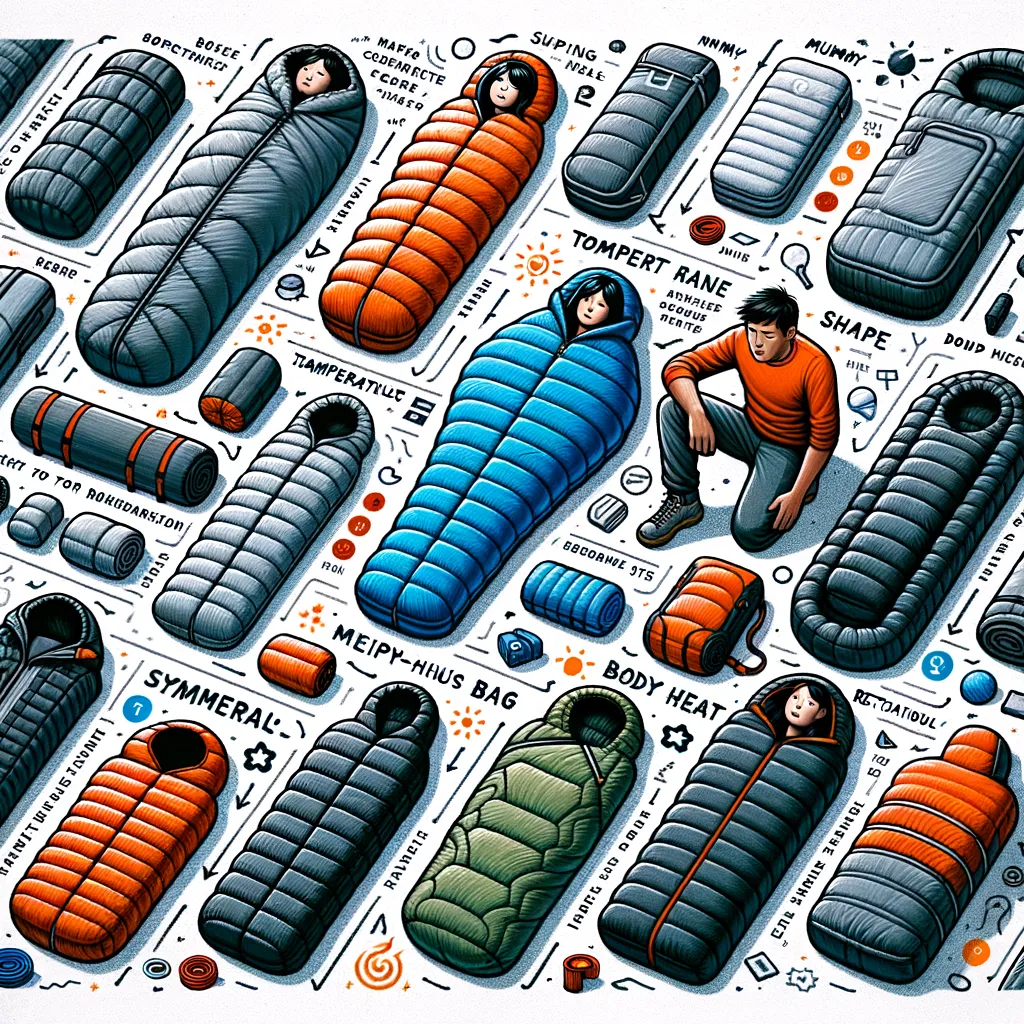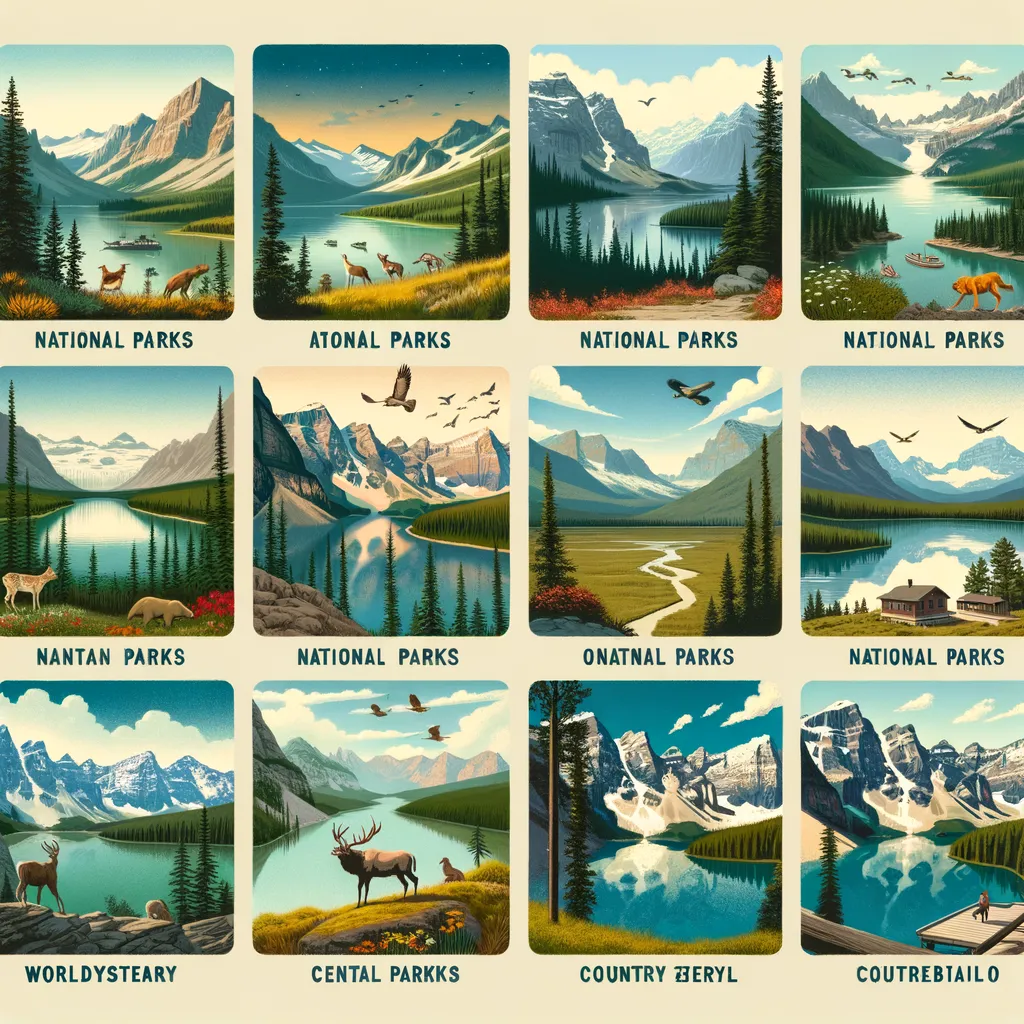How to Keep Your Campsite Safe from Wild Animals: A Comprehensive Guide for Parents
Welcome, adventurous parents! Whether you’re planning your first family camping trip or you’re seasoned outdoor enthusiasts looking for additional tips, you’ve come to an exciting place. Keeping your campsite safe from wild animals is paramount for ensuring a fun, memorable, and secure outdoor experience for your family. Let’s embark on this journey together, equipping you with practical and effective strategies to protect your loved ones and enjoy the great outdoors to its fullest.
Understanding Your Furry Neighbors
Before we dive into the specifics, it’s essential to understand that wildlife encounters, while rare, can happen. Most wild animals prefer to avoid humans, but if your campsite seems inviting or accessible, they might pay a visit. Knowing the types of animals you might encounter, from curious raccoons to majestic bears, depending on your camping location, is the first step towards a safe camping experience.
Securing Your Campsite: The Basics
Securing your campsite doesn’t have to be complicated. A few basic practices can drastically reduce the chances of wildlife encounters:
- Store Food Securely: Animals have an incredible sense of smell, and the scent of food can attract them from miles away. Always store your food in airtight containers and place them in a vehicle, bear-proof locker, or suspend them from a tree at least 10 feet off the ground and 4 feet away from the tree trunk.
- Dispose of Garbage Properly: Never leave garbage outside your tent or RV overnight. Use designated trash receptacles if available, or secure your trash similarly to your food.
- Be Mindful of Cooking Practices: Try to cook and eat early in the evening to discourage nocturnal visitors. Additionally, cook at a distance from your sleeping area, as the smells can linger and attract wildlife.
Camping Hygiene to Deter Wildlife
Believe it or not, the way you manage your camping hygiene plays a significant role in keeping animals away. Ensuring that you don’t inadvertently attract animals through scents is key:
- Clean Up Immediately: After eating, wash all dishes and cooking utensils promptly, and dispose of the water well away from your campsite.
- Avoid Scented Personal Products: Scented lotions, soaps, toothpaste, and even sunscreen can attract animals. Opt for unscented products whenever possible.
- Change into Clean Clothes: After cooking, change into clean clothes before going to bed to minimize food odors on your clothing.
Creating a Safe Sleeping Environment
A peaceful night’s sleep under the stars is one of the highlights of camping. To ensure that your slumber is not disturbed by wildlife, take these steps:
- Use a Tent: Sleeping in a tent rather than out in the open provides a barrier between you and any potential animal visitors.
- Keep Sleeping Areas Clean: Don’t bring any food or scented products into your tent. Ensure that anything that could attract animals is stored away properly.
This guide is designed to provide you with foundational knowledge and practical tips for keeping your family and campsite safe from wild animals. As you prepare for your camping adventure, remember that the key to a successful trip is respect for nature and mindfulness of your surroundings. Stay tuned for more detailed strategies and insights to ensure your outdoor experiences are safe and enjoyable for everyone involved.

5 Essential Tips for Parents to Keep Your Campsite Safe from Wild Animals
Welcome to the ultimate guide for adventurous parents eager to create a secure camping experience for their families! Keeping your campsite safe from wild animals not only ensures everyone’s wellbeing but also enhances the joy of camping. Dive in as we explore five critical things every parent should know to maintain a safe campsite amidst nature’s wonders.
1. Educate Your Family About Local Wildlife
Knowledge is power! Before setting out on your camping adventure, take time with your family to learn about the types of wildlife you may encounter. This includes understanding the behavior of different animals and knowing how to react if you come across them. Resources such as local wildlife guides or park ranger advice can be invaluable. Education ensures that everyone treats wildlife with respect and caution, significantly reducing the risk of unwanted encounters.
2. Optimize Your Campsite Setup
Strategic campsite selection and setup can naturally deter wildlife. Choose a site away from animal paths or dense brush, which can be hiding spots or travel routes for animals. Keep your space tidy, with tents and sleeping areas set up at a safe distance from cooking areas. A well-organized campsite minimizes the chances of attracting wildlife looking for food.
3. Adhere to Food Safety Practices
The smell of food can attract animals from great distances. Storing food securely is a cornerstone of wildlife prevention. Utilize bear boxes if available, or invest in bear-proof containers for food and toiletries. Never leave food unattended, and consider preparing meals that require minimal cooking to reduce lingering scents. Encourage your kids to eat all their snacks and meals in a designated area, keeping food away from sleeping quarters. Remember, even unopened packages or canned goods can attract curious animals.
4. Embrace a Clean Camping Ethic
Emphasizing cleanliness during your camping trip plays a crucial role in preventing wildlife encounters. Promptly and properly dispose of all garbage, preferably in bear-proof trash cans. Clean cooking utensils and eating areas immediately after use, disposing of wastewater in designated spots. Teach your children the importance of keeping the campsite clean, making it a group responsibility to leave no trace.
5. Safeguard Your Sleeping Area
Sleeping areas deserve special attention to avoid inviting wildlife. Ensure tents are fully zipped and free from food or scented items. Educate your family about the importance of changing clothes before bed if they’ve cooked or handled food. Consider using wildlife-proof containers for anything with a scent, including snacks, toothpaste, or sunscreens, even when stored inside a tent. A clean and secure sleeping area is vital for a safe, undisturbed night’s sleep under the stars.
Preparing for a camping trip with safety in mind is the best way to ensure a positive, memorable experience with nature. By educating your family, setting up a secure campsite, implementing strict food safety practices, maintaining cleanliness, and safeguarding your sleeping areas, you’re laying the foundation for a safe camping environment. Camping can be one of the most enriching family activities, allowing everyone to connect with nature while learning important life skills. By proactively addressing the challenge of keeping your campsite safe from wild animals, you empower your family to explore the great outdoors confidently and respectfully.
Find more tips on the Outoors. Find camping spots
Disclaimer
The articles available via our website provide general information only and we strongly urge readers to exercise caution and conduct their own thorough research and fact-checking. The information presented should not be taken as absolute truth, and, to the maximum extent permitted by law, we will not be held liable for any inaccuracies or errors in the content. It is essential for individuals to independently verify and validate the information before making any decisions or taking any actions based on the articles.



